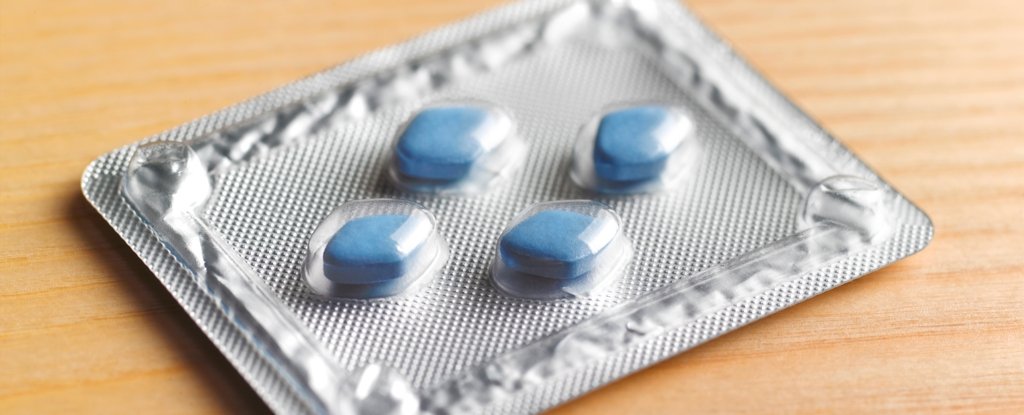Men who take Viagra for erectile dysfunction could save themselves from an early death, according to the results of a recently published observational study.
Funded by the pharmaceutical company Sanofi detection looked back at 14-year-old medical records of more than 23,000 American men who had been prescribed a phosphodiesterase type 5 inhibitor (PDE-5i), such as the popular erectile dysfunction drug Viagra.
An analysis compared health data with those in the records of 48,000 men who had not received a comparable prescription.
Since Sanofi sold their own PDE-5i called Avanafil (commercially known as Stendra), the results are not exactly free of conflicts of interest. But that doesn’t mean they should be dismissed either.
It found that the men in the study who took a PDE-5i were 39 percent less likely to die from cardiovascular disease than those who had no record of a prescription. They were also 25 percent less likely to die from any cause and 13 percent less likely to suffer a cardiac event such as a heart attack or stroke.
The men who took a higher cumulative dose of a PDE-5i were better protected from heart disease than the men who took a lower dose.
The study controlled for age, medication, medical history, and smoking status. However, because it is a simple retrospective look at a population already taking the drug, the study was unable to show causality.
Men who choose to take medications like Viagra might be healthier to begin with. Or her ability to engage in sexual activity after treatment may have caused the heart health benefits found in the study, as opposed to a more direct impact of the drug, the researchers said said.
Nonetheless, the study points to the potentially beneficial effects of PDE-5i on heart health in the general male population.
“Phosphodiesterase type 5 inhibitors are not only safe, but may also have important cardioprotective properties,” the researchers said said. “[These findings] suggest that a prospective, randomized, placebo-controlled study of reasonable power is urgently needed.”
Cardiologist Deepak Bhatt, director of Mount Sinai Heart in New York, said the study was interesting but “a randomized one clinical study in which many patients with cardiovascular disease were randomly given either Viagra or a placebo (a ‘blank’) would be necessary to know if the drug has real cardiovascular benefits.”
“While it’s possible that Viagra has some cardiovascular benefits, that would require further investigation, and this current study doesn’t prove it,” he said science alert.
“Rather, the patients in this study who were prescribed Viagra by their doctors are more likely to be less likely to have heart disease, because when patients have severe heart disease, they often aren’t even prescribed Viagra in the first place,” he said.
“The study is observational, so it will not have the impact that a clinical trial would have,” said Nial Wheate, a pharmaceutical chemist at the University of Sydney in Australia science alert.
Viagra has also been shown to be an effective treatment for pulmonary arterial hypertension and was approved by the FDA for this indication in 2005 under the Brand name Revatio. (In people with this condition, the arteries are between the heart and lungs be blockedraise blood pressure and put more strain on the right side of the heart.)
“We’ve known about the cardiovascular benefits of these types of drugs for quite some time,” Wheate said. “The fact that it has heart benefits isn’t surprising at all. Good, but not surprising.”
Pharmaceutical companies often fund trials “at arm’s length,” like Sanofi’s participation in this case, Professor Wheate said. “I am confident that the results are real,” he said.
The next step would be to conduct a large clinical trial in a controlled setting to confirm the finding, he said.
This study was published in Journal of Sexual Medicine.





